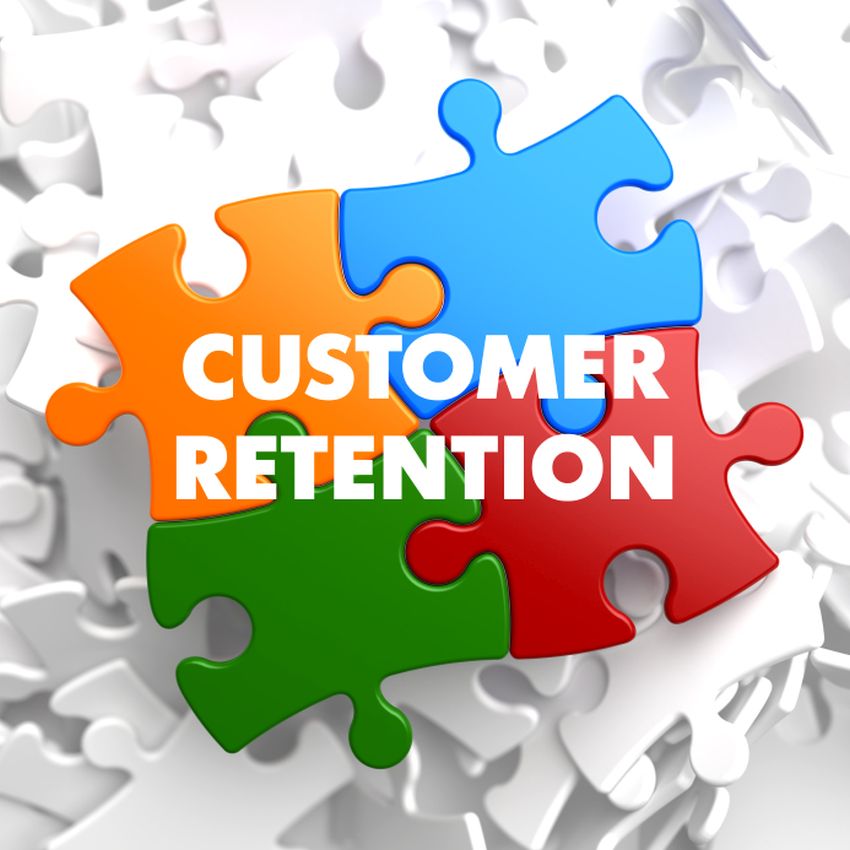You started a business and started offering products and services as other businesses do. Soon, you realize that you are stuck in an overcrowded market where competition is stiff. Chances of business growth are quite slim because all your competitors are offering similar products and services with few differences here and there.
How can you scale your business in such a scenario? The easiest way to overcome this issue is to focus on creating platforms instead of products. Yes, the term “platform” is thrown around so frequently but often misunderstood. In his book, “The Age of Platform: How Amazon, Apple, Facebook and Google Have Redefined Business” the author Phil Simon define a platform as a “structure made up of planks or integrated features.”

source:tech.co
When Google was first launched way back in 1998, it was not a platform, it was just a search engine, but by adding more planks such as Gmail, Maps, YouTube and many more, it became a leading platform in the world. Yes, Google, Facebook, Apple and Amazon are the platform giants but how can you create a platform and replicate the success they have achieved with your business? For that, you need a well thought out platform strategy. Without a platform strategy, your business can never create a successful platform.

source:bernardmarr.com
In this article, you will learn about five reasons why your business should have a platform strategy.
Page Contents
1. Create Value In A Cost-Effective Manner
In today’s business world, it is all about creating value and delivering it to your customers. Meanwhile, you don’t want that value creation process to cost you much. That is where a platform strategy comes into play, helping you deliver value in a cost-effective way. Take the example of Airbnb and Uber. They manage to grow their business at a rapid pace because they don’t have to maintain an inventory or invest heavily in infrastructure. The only expenses they have to incur is while building the platform. Their business model relies heavily on trust and both the companies succeeded in building trust by implementing review systems and refund guarantees.

source:businessnewsdaily.com
2. Increase Brand Awareness
When you build a platform, you don’t have to spend tons of money on marketing as your customers might become your brand ambassadors and promote your brand to others in innovative ways. Facebook, which started as a social networking website for college students later turned into the largest social network in the world. It kept on expanding by letting users add business and marketing websites, community gaming websites, email and instant messaging groups, blogs, and ads to name just a few. This way, they manage to increase their brand awareness exponentially while reaching out to more people in the process.

source:bernardmarr.com
3. Gain a Competitive Edge
Irrespective of which industry you choose and which products and services you offer, you are bound to find some competition. There are companies which are already offering something similar. Fortunately, this is not the case when you develop a platform. By creating a platform strategy and executing it perfectly to build a platform, you can easily dominate the industry by gaining a competitive advantage over other players in the market.

source:bernardmarr.com
When you build a platform and have buyers and suppliers on your side, this makes it extremely difficult for new entrants to challenge your supremacy in the industry. This way, you don’t have to constantly spend a lot of money to maintain your position in the market. With a potent platform strategy, you can dominate the industry to a point where you can establish your monopoly.

source:saurageresearch.com
Let’s say, you have a business that is offering affordable dedicated servers to businesses. Unfortunately, there are many companies who are also doing the same so how can you make your business stand out from the crowd? You can easily do that by creating a unified cloud platform which allows businesses to rent and purchase computing resources according to their business needs just like many tech giants such as Amazon, IBM and Microsoft did.
4. Faster Innovation and Response Time
Laying the foundation of a powerful platform allows you to accelerate innovation and reap the benefit of faster response time. Your business can drive innovation by creating an ecosystem where developers, partners, suppliers and users can contribute. Apple used the same strategy and invited thousands of developers to develop apps for iOS and generated billions of dollars in revenue. Offering APIs and SDK is not enough, you will have to offer lucrative incentives to grow your platform and that is exactly what Apple did.

source:saurageresearch.com
Another big advantage of creating a platform is that such platform companies tend to grow at a faster pace as compared to traditional product and service-based companies. Amazon started as a bookseller couple of decades ago, but today it sells everything under the sun and is the largest online marketplace in the world. So, if you want to grow your business fast, building a platform might be a better option for you.
5. Higher Customer Retention
With so many options available to customers these days, businesses are having a tough time retaining their customers. With a platform, you can easily do that. Apple did it successfully with its tightly knit ecosystem. It forces customers to stick to its platform for everything, from installing apps to download music. This means that the more time you spend with your iPhones and iPads, the harder it is for you to leave Apple’s ecosystem.

source:saurageresearch.com
With a solid platform, you can retain more customers, so you don’t have to spend a lot of money on customer acquisition efforts. According to research, it costs 5X more to attract a new customer than retaining old ones. 89% of companies consider customer experience as the most important factor in customer retention and loyalty. Focus on delivering the best customer experience with your platform and you can retain more customers.
Which reason persuades you to create a platform strategy for your business? Feel free to share it with us in the comments section below.





